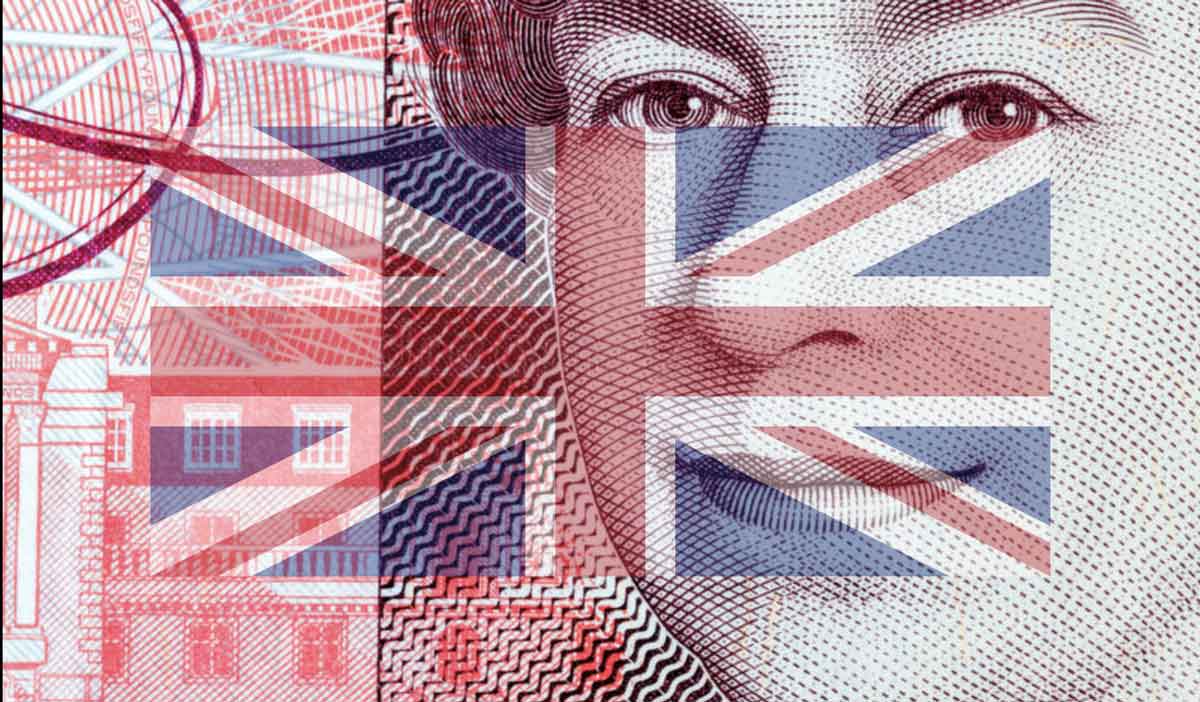Some Recent Articles written by Joel:
Banks Charge Small Customers 25 Times More for FX, Research Shows
Consumers Throwing Away Billions on FX Fees (TransferWise Study)
Messaging Apps to Take Slice of Remittance Market Using Their Own Cryptocurrencies
If you would like to write for BER or want to contact us or one of our authors please visit our contact page.
Please note that the opinions of our authors are their own and do not reflect the opinion of Best Exchange Rates and should not be taken as a reference to buy or sell any financial product.


